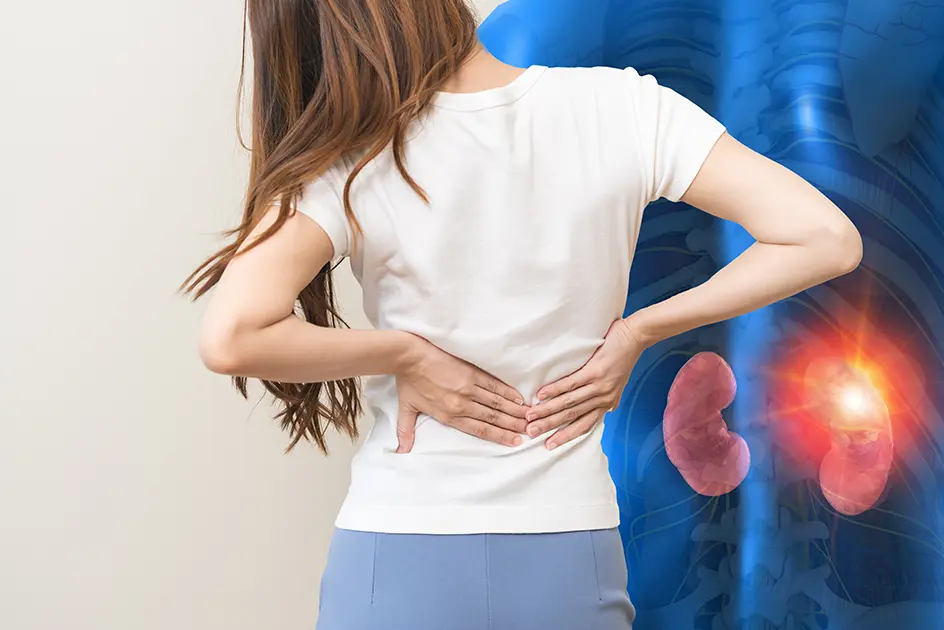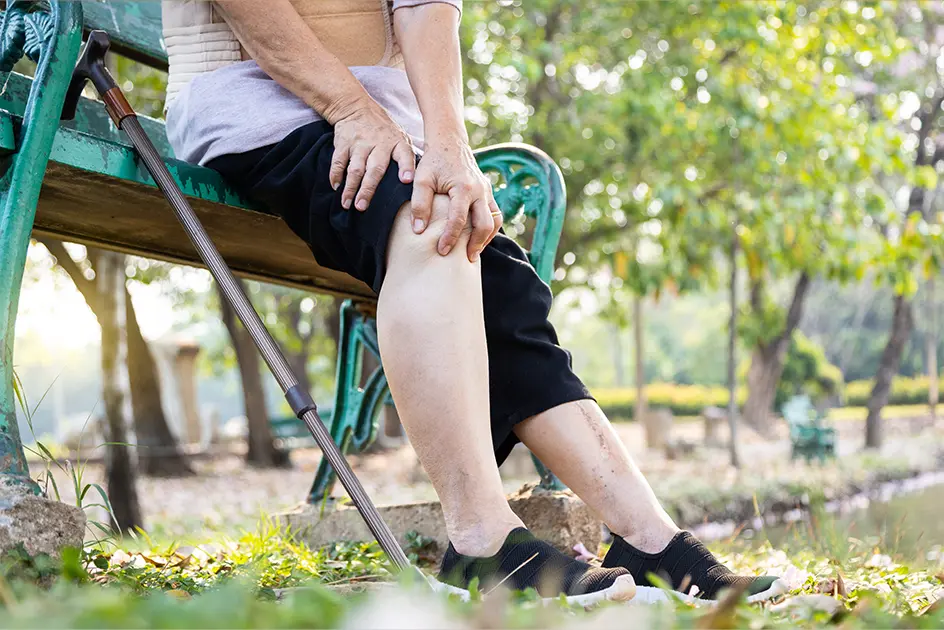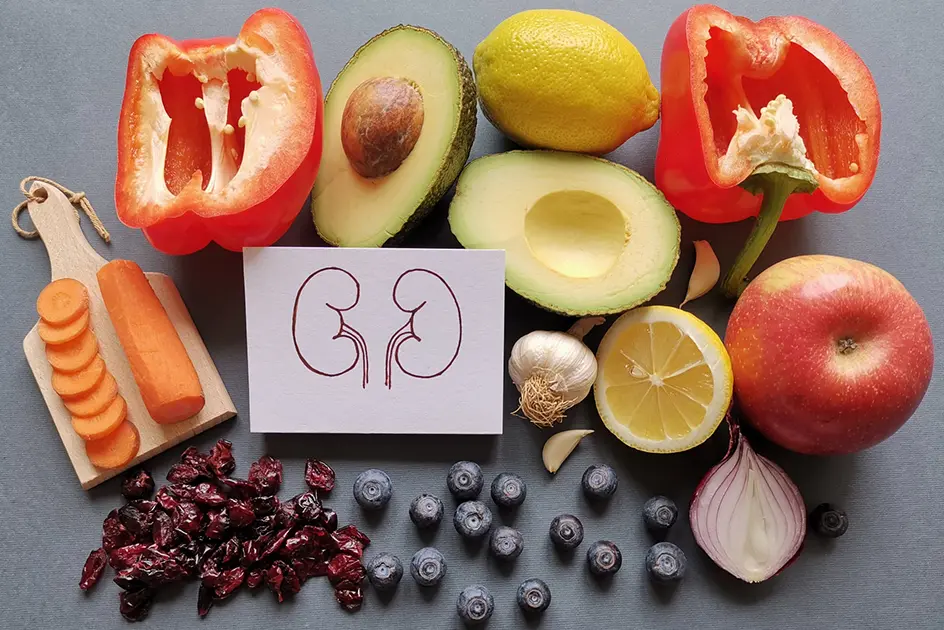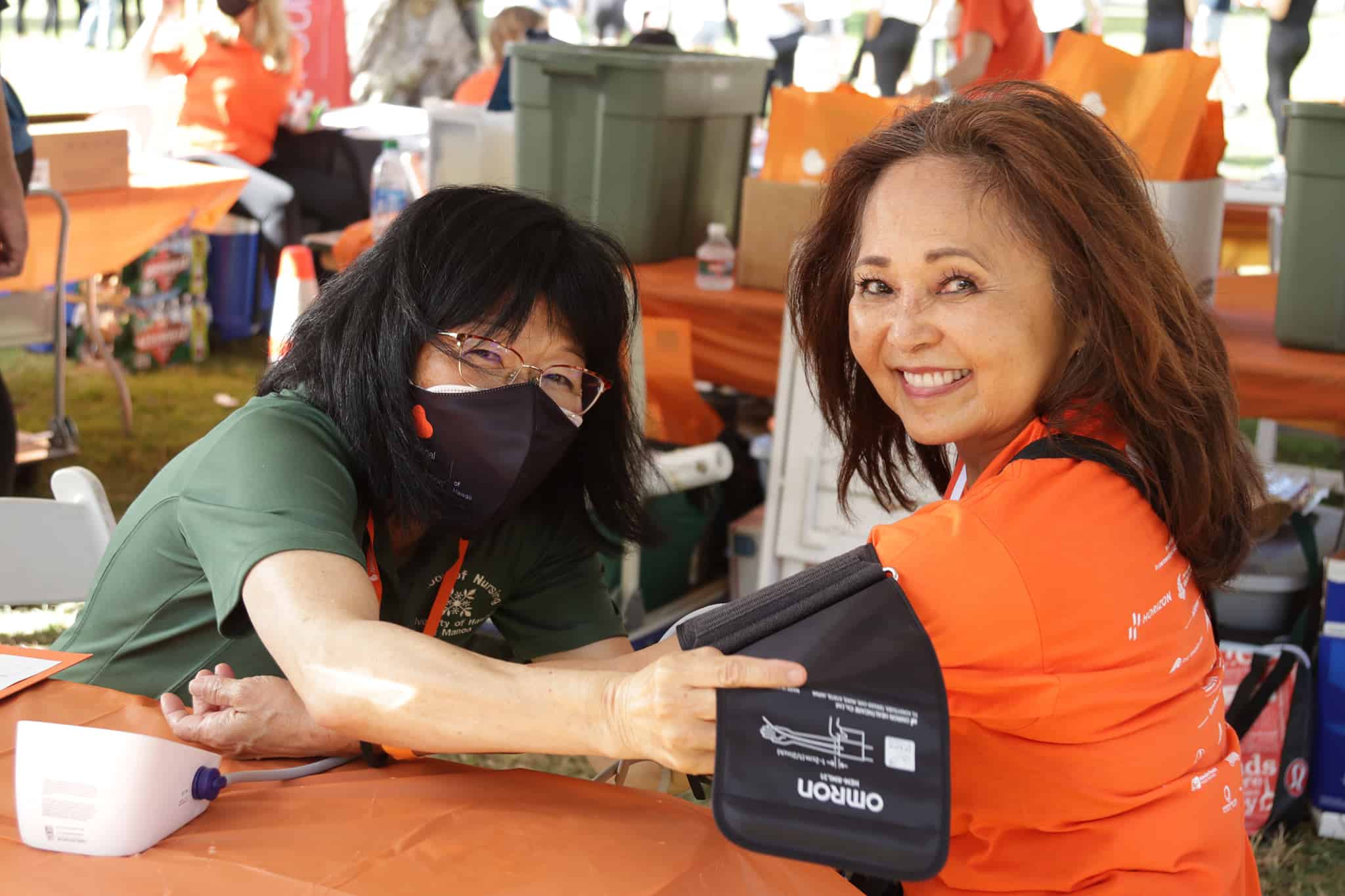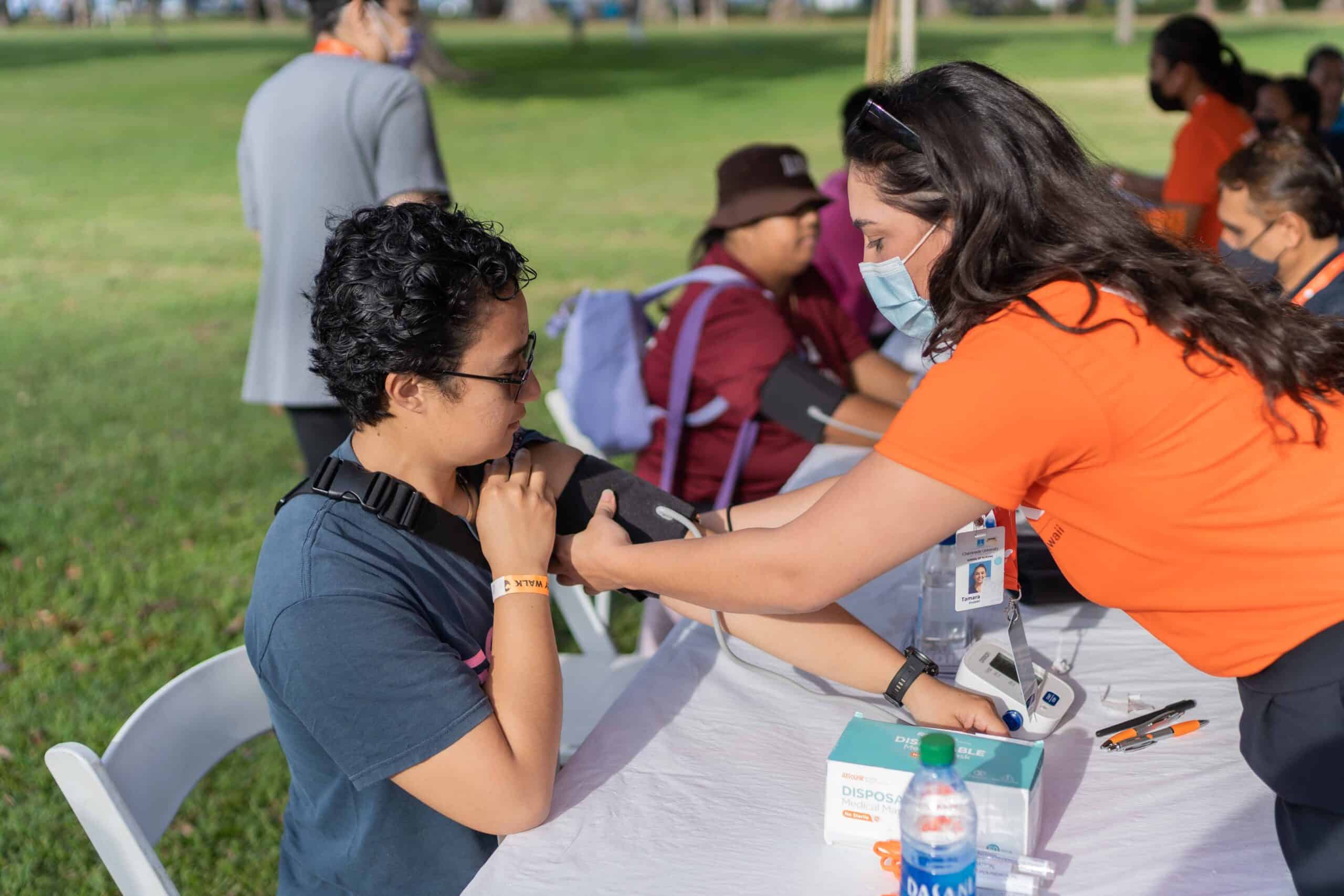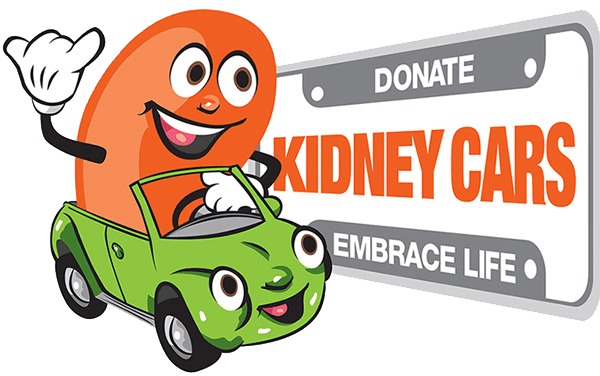- Programs
-
-
-
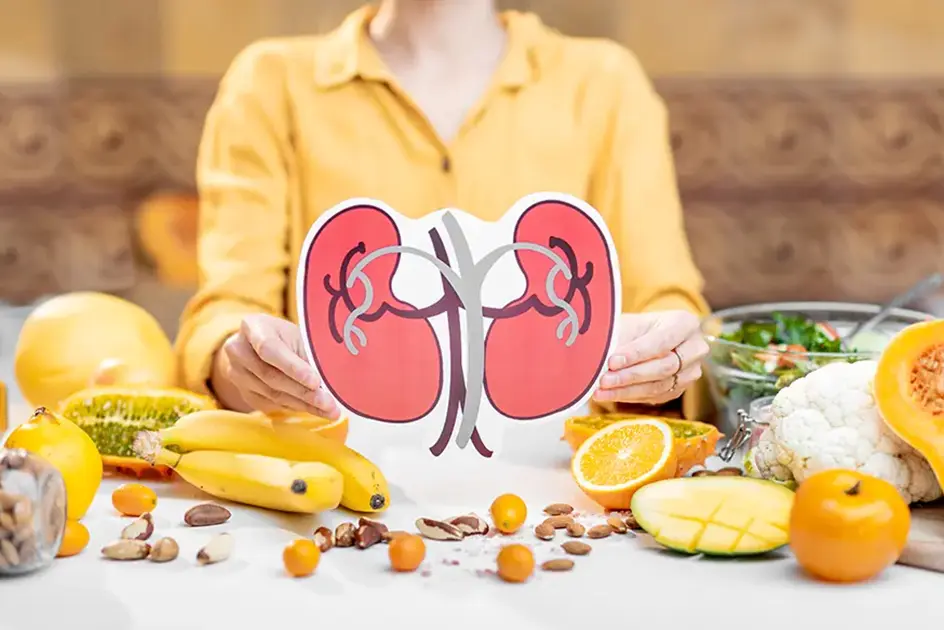
Get support for diabetes prevention, diabetes, and kidney disease.

A family-based obesity prevention program that elicits a positive, lifelong lifestyle transformation.

Plan while you are healthy to ensure that your wishes are carried out — we'll help guide you step-by-step.

Get involved with support groups or learn about how you can get medical identification.
-
-
-
-
- Events
- Conferences
- Resources
-
- About
-

